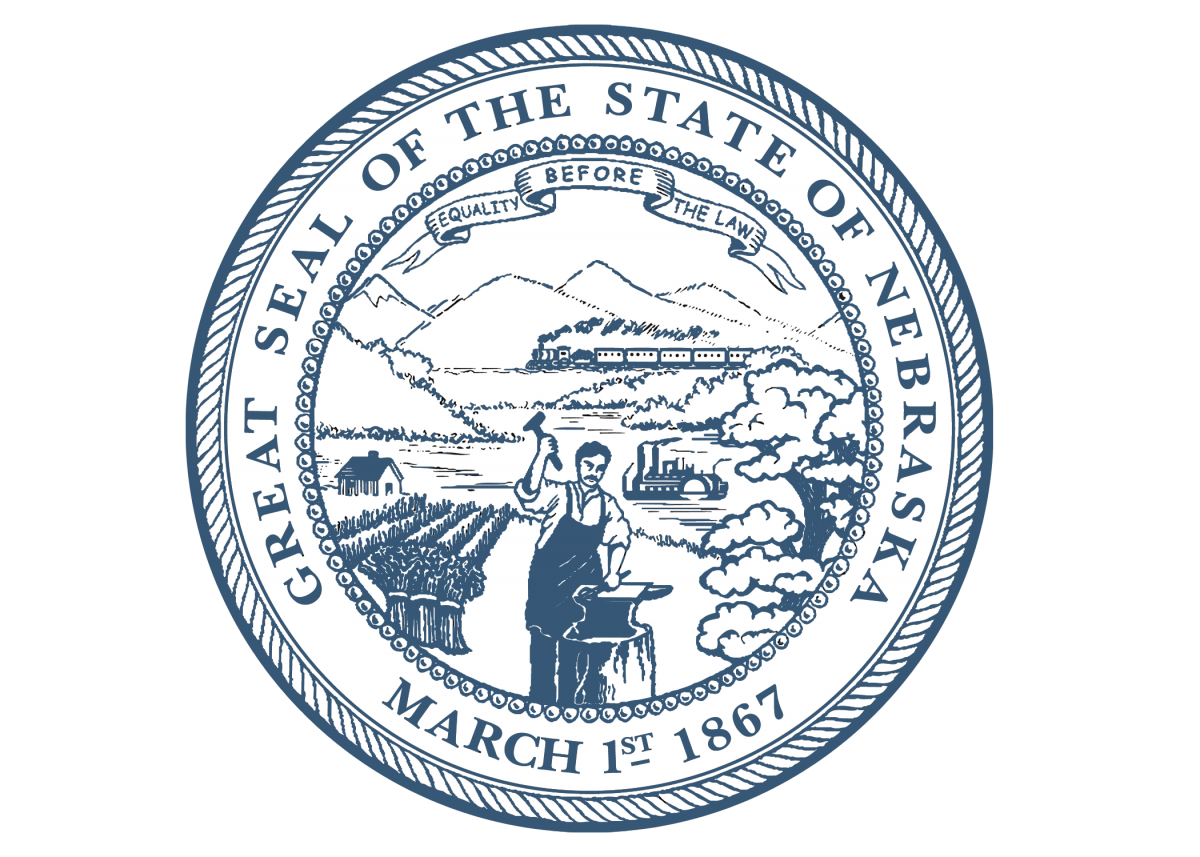Attorney General Peterson Asks FTC To Strengthen Online Protections for Children
LINCOLN — Attorney General Peterson and a bipartisan coalition of twenty-five State Attorneys General today submitted a comment letter to the Federal Trade Commission (“FTC”) asking the agency to strengthen its rules prohibiting websites, mobile applications, and other digital marketing companies from collecting personal information from children under the age of 13 and using that information to track children across the internet.
“The way our children interact with the internet has changed significantly in the last twenty years. As these comments make clear, the laws that protect our children online must keep pace with those changes,” Attorney General Peterson stated.
Many websites and mobile applications collect personal information from users, including geolocation information, browser histories, search histories, voice recordings, and more. In 1996, Congress passed the Children’s Online Privacy Protection Act (or “COPPA”) prohibiting this type of data collection from children under the age of 13. Both the FTC and all State Attorneys General are empowered to enforce COPPA, though only the FTC is empowered to issue regulations based on COPPA.
Among other things, the Attorneys General are urging the FTC to expand its definitions of personal information to include things like faceprints used to unlock consumers’ cellphones, health data from internet-connected smartwatches, and kids’ genetic information. The letter also urges the FTC to clamp down on companies that embed code in children’s mobile applications and collect data in order to serve children behavioral advertising, and to examine how the rules apply to school-issued laptops that are “free” so long as companies get to collect information from the students using them. Further, the attorneys general urged the FTC not to create exceptions to the rule that would allow massive websites like YouTube to skirt COPPA’s requirements.
Joining Attorney General Peterson in this letter are Connecticut, Delaware, the District of Columbia, Idaho, Illinois, Iowa, Kentucky, Louisiana, Maine, Maryland, Massachusetts, Michigan, Minnesota, Mississippi, Nevada, New Mexico, New York, North Carolina, Oregon, Pennsylvania, Tennessee, Vermont, Virginia, and Washington.


